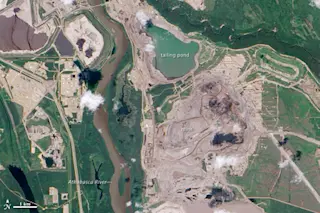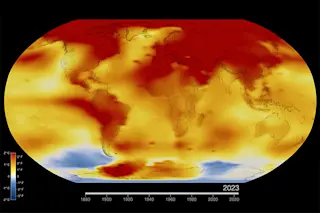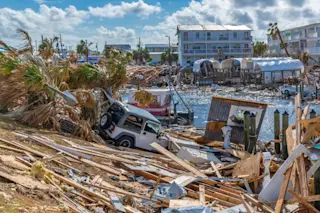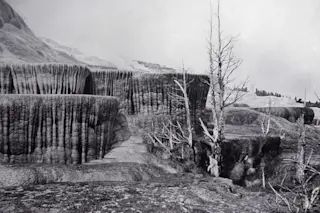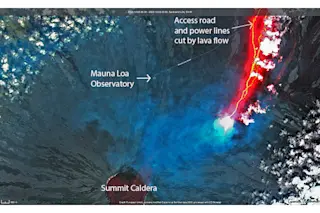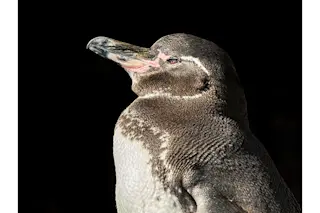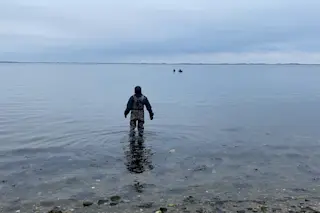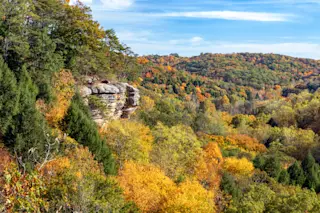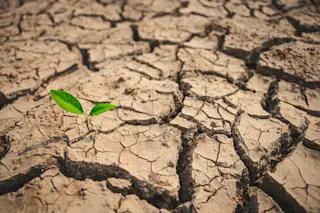With the perpetual flow of filthy crude from BP's oil leak in the Gulf of Mexico, just about anything seems like a better energy solution than deep sea offshore drilling. One new proposal, though, has the potential for similarly disastrous environmental harm. The Keystone XL is a huge proposed pipeline that could carry oil from Canada's oil sands on a snaking path through the American Midwest and all the way down to Texas, where it will be refined. The idea has been up for public comment for months, and that period comes to a close soon. So, should we build this thing? YES There is one good thing about the project: It would be a source of energy that's not the Middle East, Iran, Venezuela, or another region or country hostile to the United States.
From an energy perspective, Keystone XL delivers one thing the United States needs: plentiful oil ...


